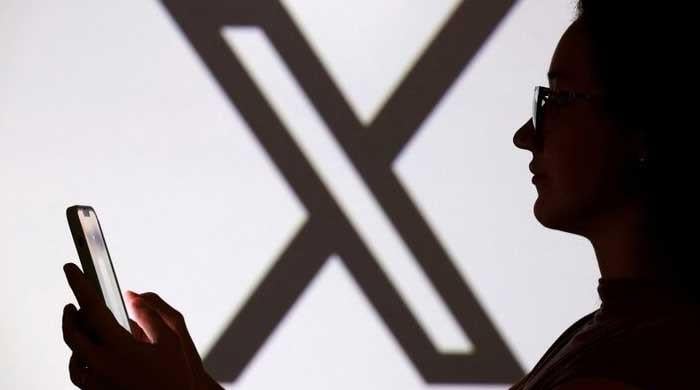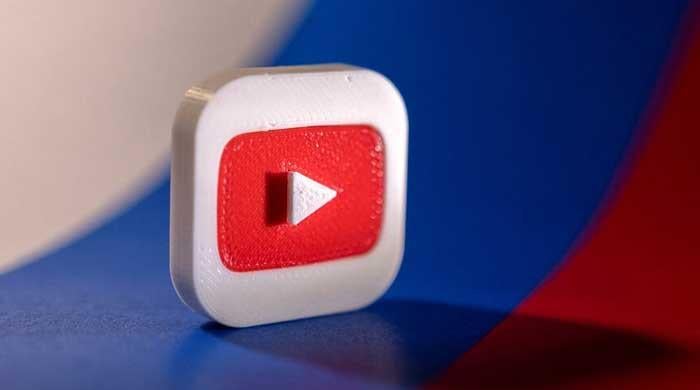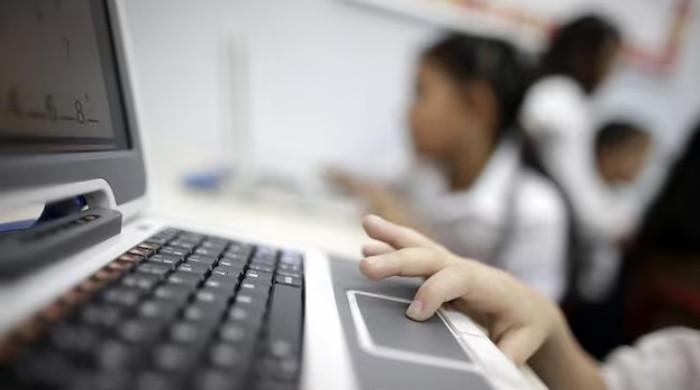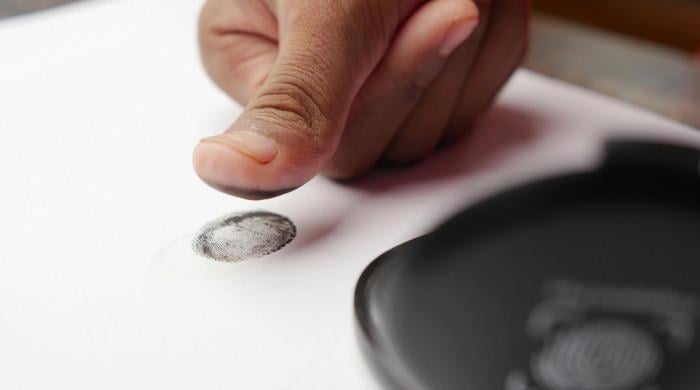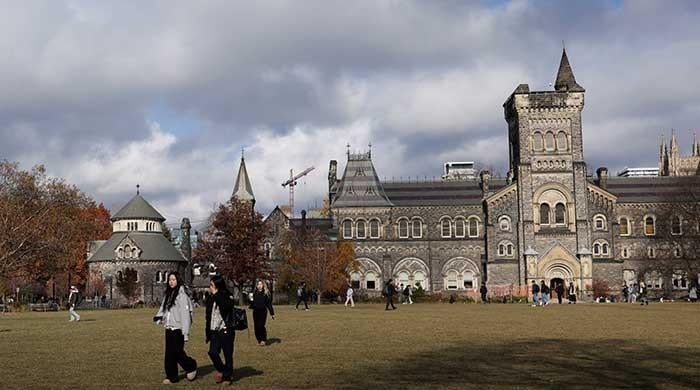US, Russian astronauts aboard Soyuz MS-24 spacecraft reach ISS
Liftoff of Soyuz MS-24 spacecraft follows Russia's failed first lunar mission in nearly 50 years last month
September 16, 2023
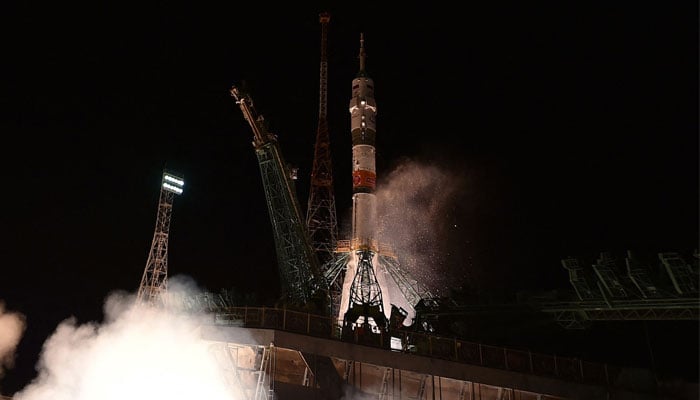
In the midst of blazing tensions between Moscow and Washington over Ukraine, two Russian cosmonauts and a US astronaut docked at the International Space Station (ISS) on Friday — hours after launch.
Oleg Kononenko, Nikolai Chub, and National Aeronautics and Space Agency (Nasa) astronaut Loral O'Hara launched the Soyuz MS-24 spacecraft earlier on Friday from the Baikonur Cosmodrome in Kazakhstan. Three hours later, the crew docked with the ISS, according to the Russian space agency, Roscosmos.
The team of four will join three Russians, two Americans, a Japanese astronaut, and a representative of the European Space Agency (ESA) at the orbiting station.
The liftoff of the Soyuz MS-24 spacecraft follows the failure of Russia's first lunar mission in nearly 50 years last month.
US-Russia ties have not been strong since Moscow's offensive in Ukraine last year; however, Friday's event is a rare opportunity for cooperation on the ISS between the two nations.
Kononenko alluded to the tensions during a pre-flight press conference on Thursday, saying that "unlike on earth" cosmonauts and astronauts took care of each other in space, AFP reported.
"We hear each other there, and we understand each other, and we are very sensitive to our relationships. We always take care of each other," he said.
Meanwhile, O'Hara praised the station's "legacy" and said it had been bringing the countries together.
"I'm excited to get on board and see the crewmates who are waiting for us," she added.
Kononenko, 59, and Chub, 39, were scheduled to spend a year on the ISS, while O'Hara, 40, was to spend six months aboard. It was the first mission to space for both O'Hara and Chub.
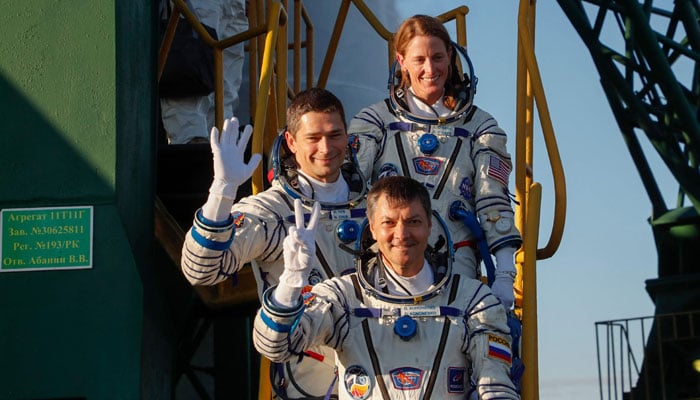
Chub claimed that going to space had been a "childhood dream" of his and that he had devoted "all his life" to realising it.
The three take over from Russians Dmitry Petelin and Sergey Prokopyev, as well as Nasa astronaut Frank Rubio, who have spent one year aboard the ISS.
The trio's mission was postponed due to a coolant leak on their Soyuz MS-22, caused by a suspected meteoroid, and will now return to Earth on the MS-23, according to Roscosmos.
Vladimir Putin, the president of Russia, hopes to increase space cooperation with China as Western criticism and sanctions over Moscow's war in Ukraine worsen





